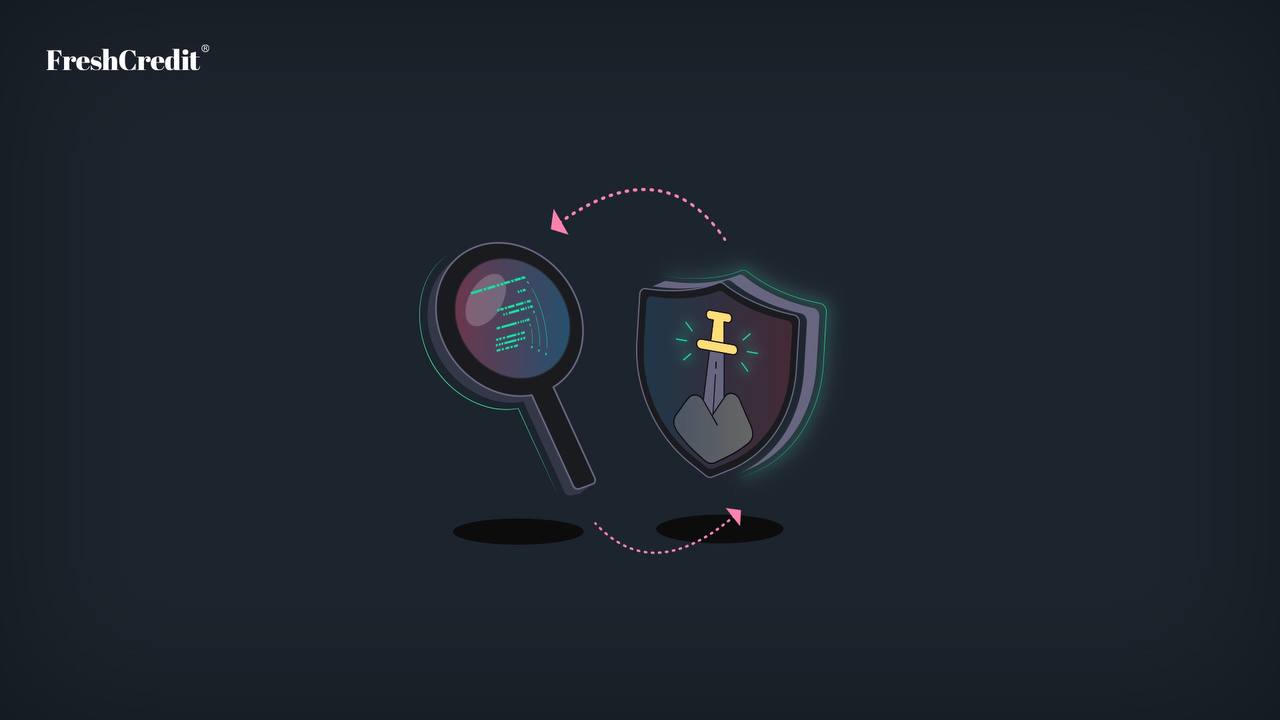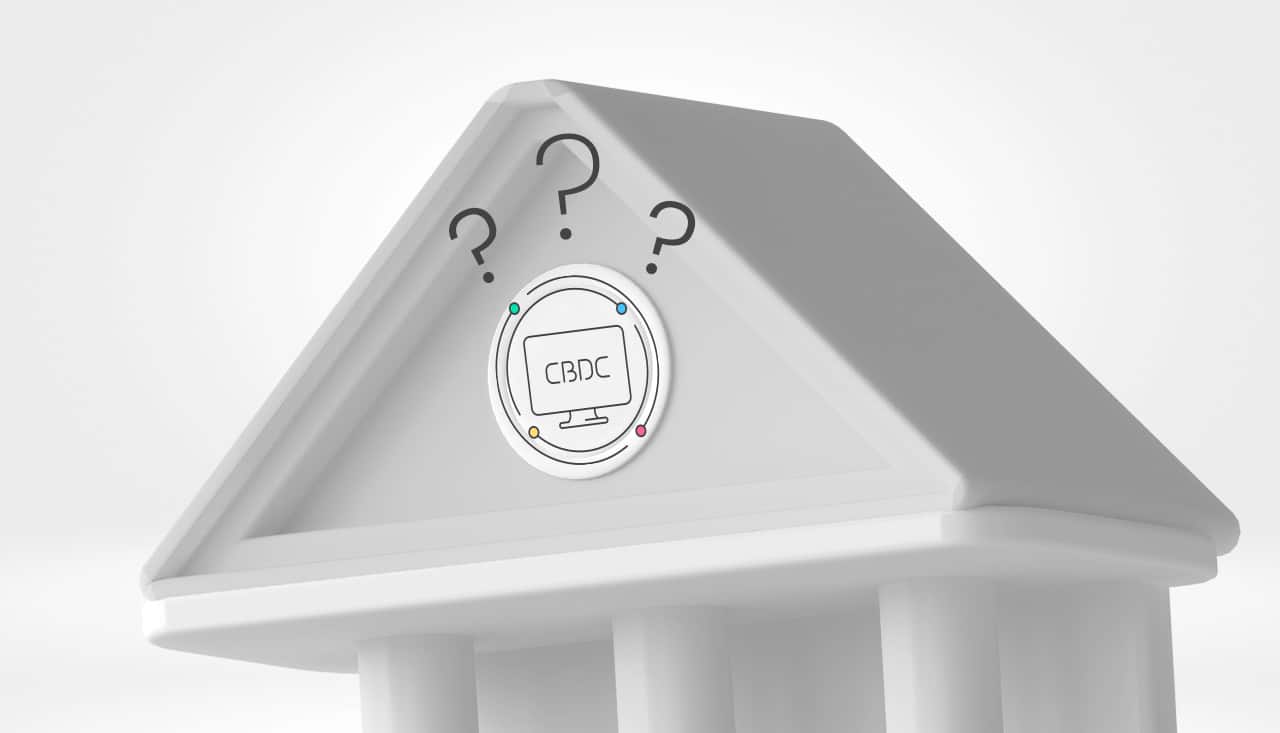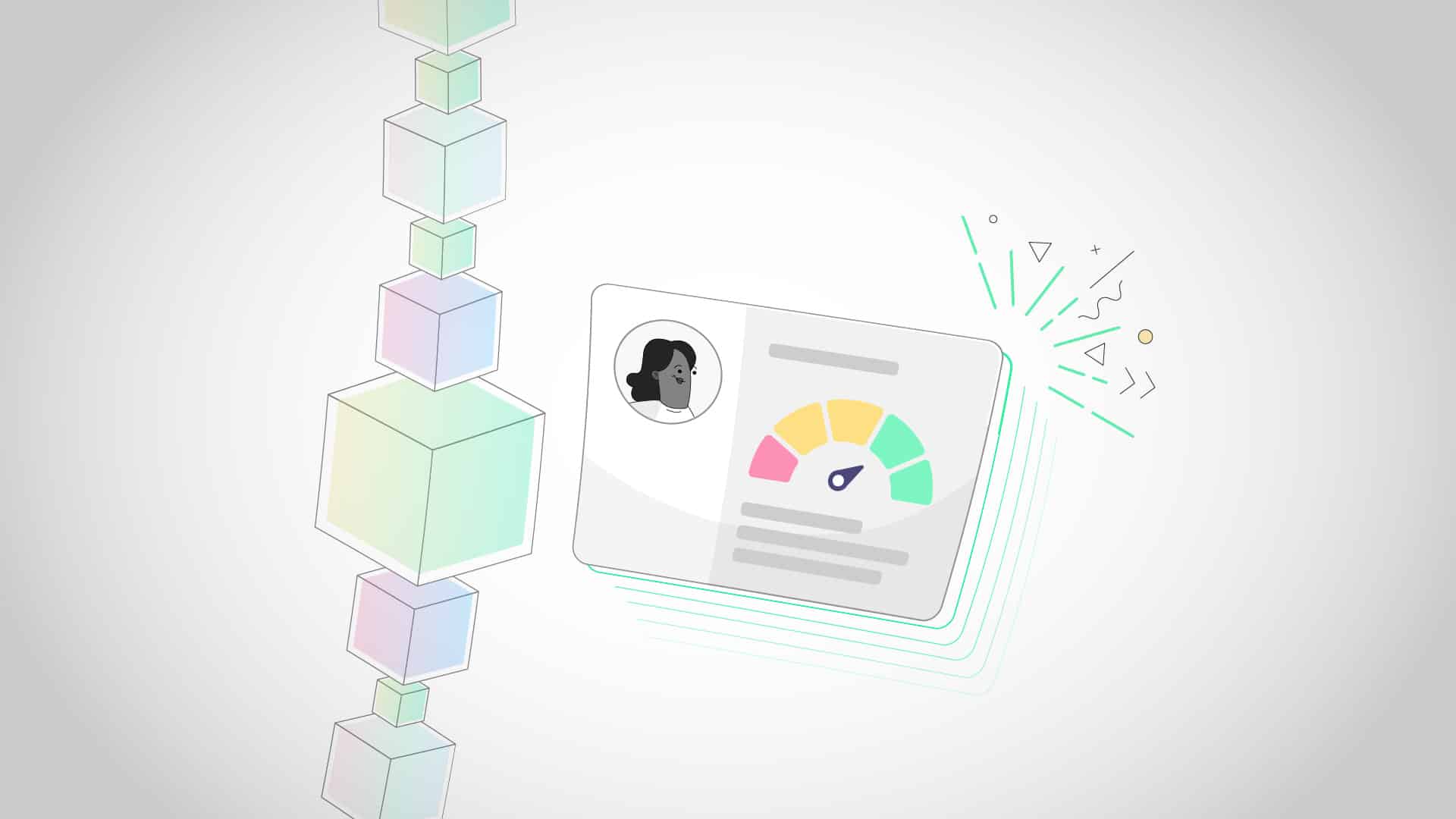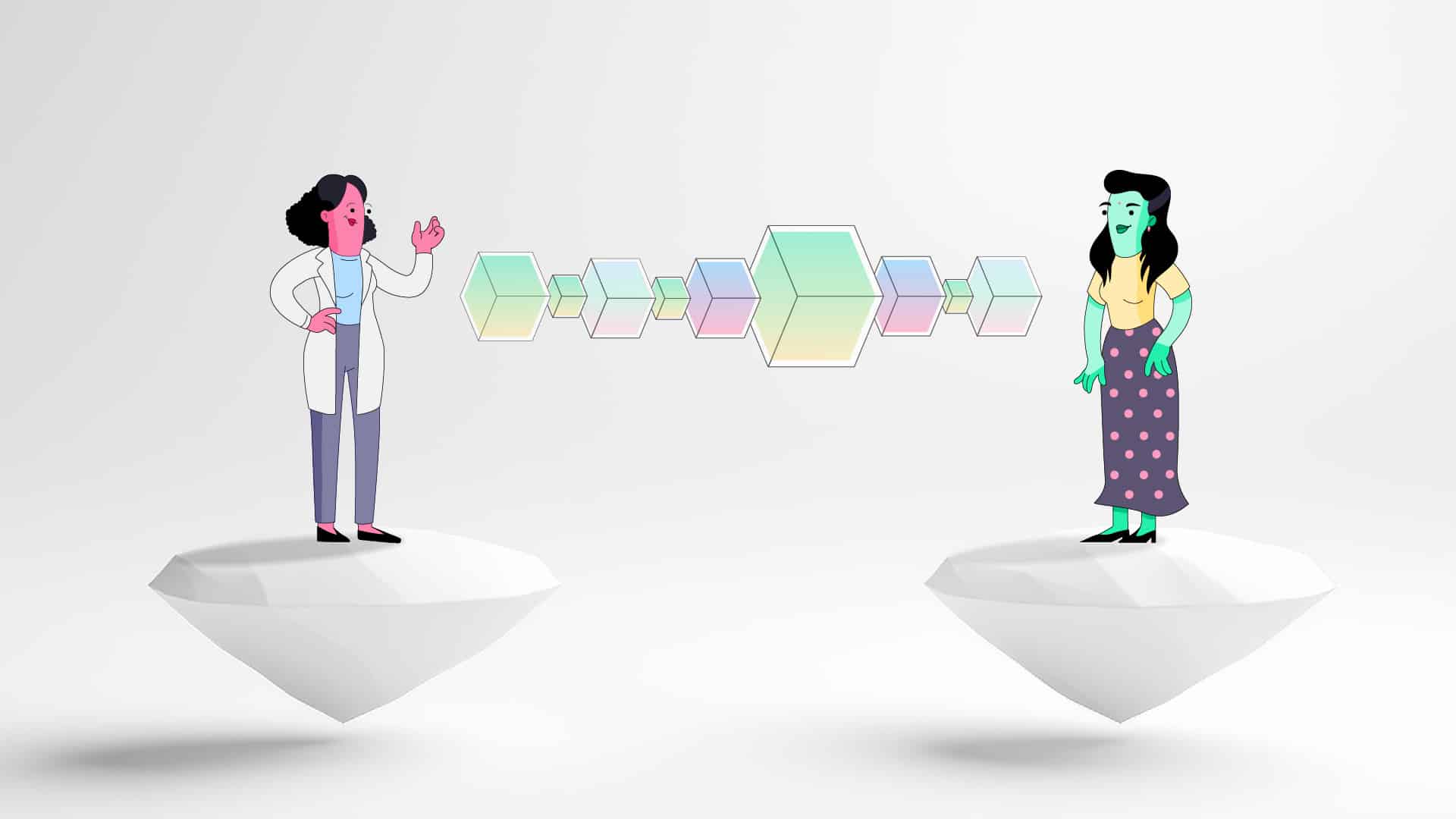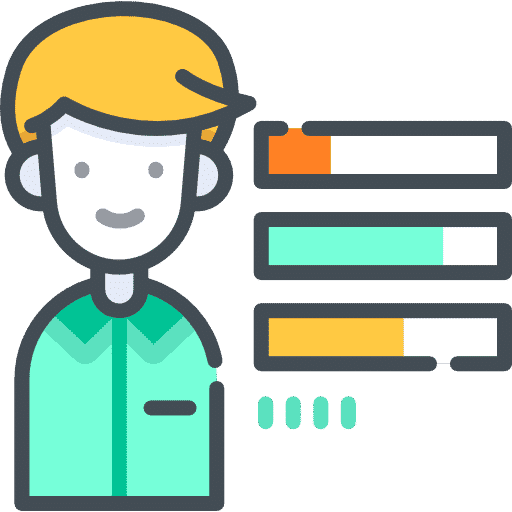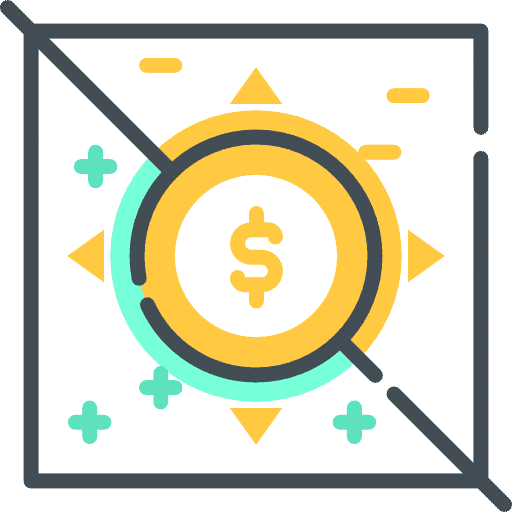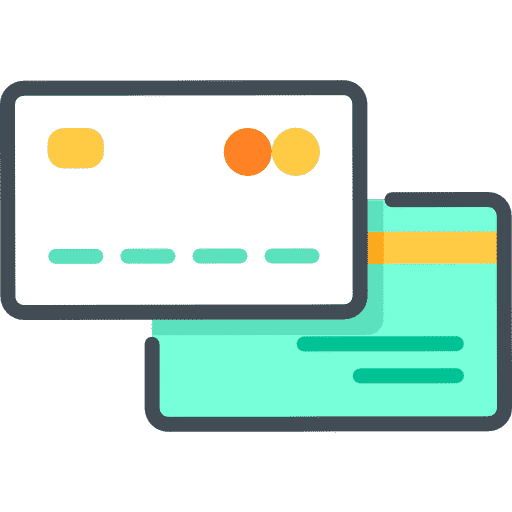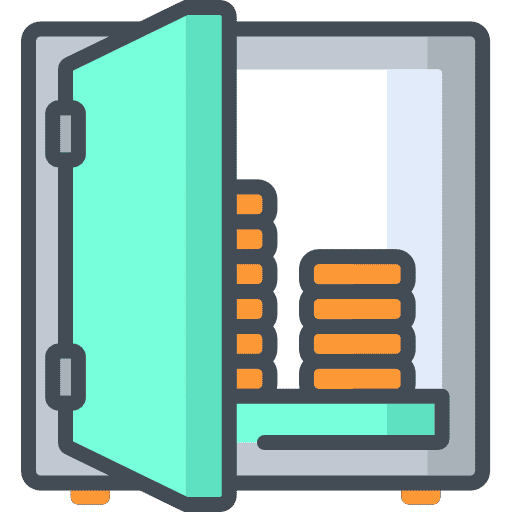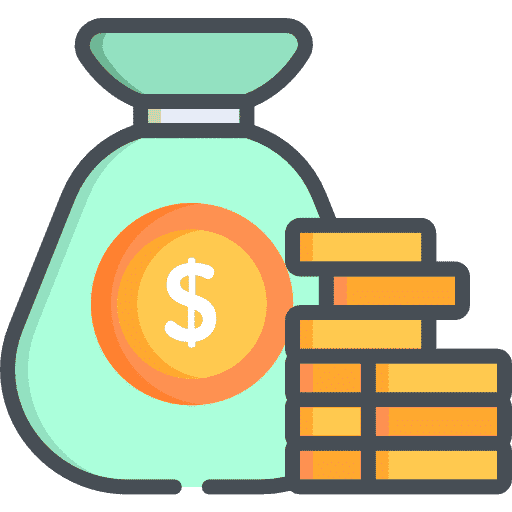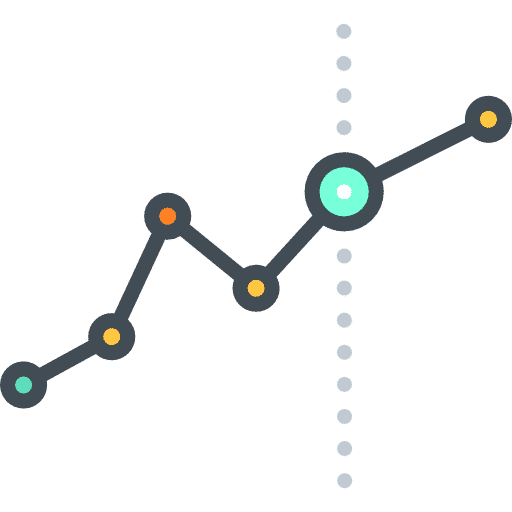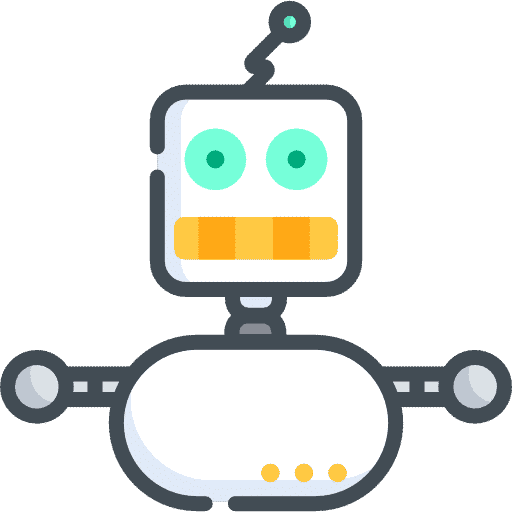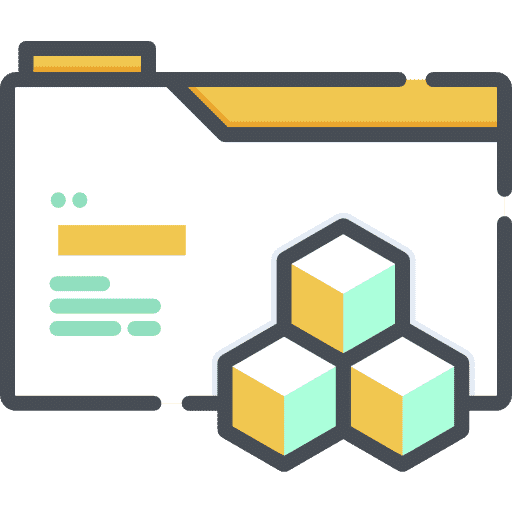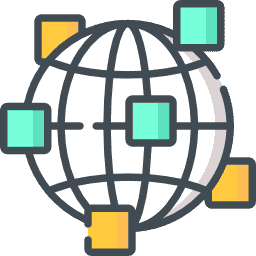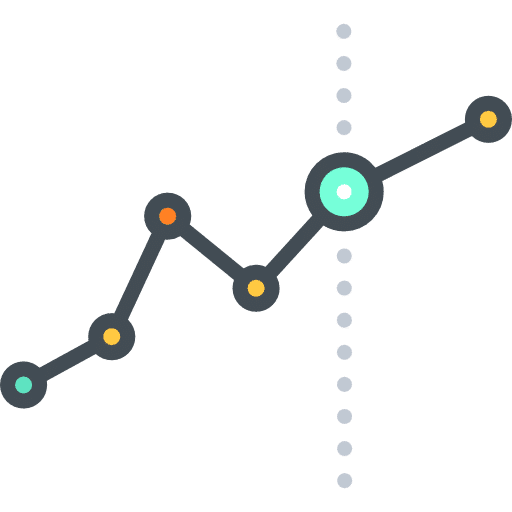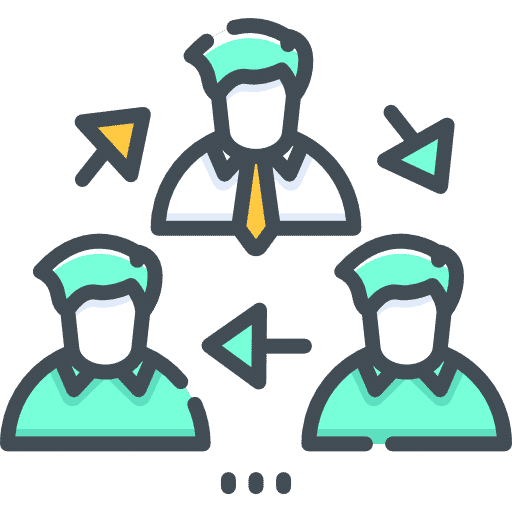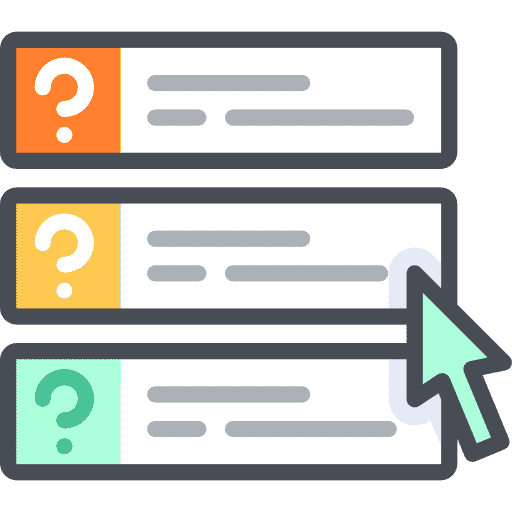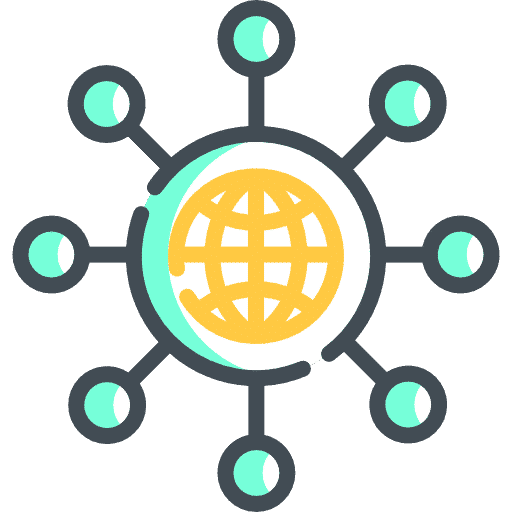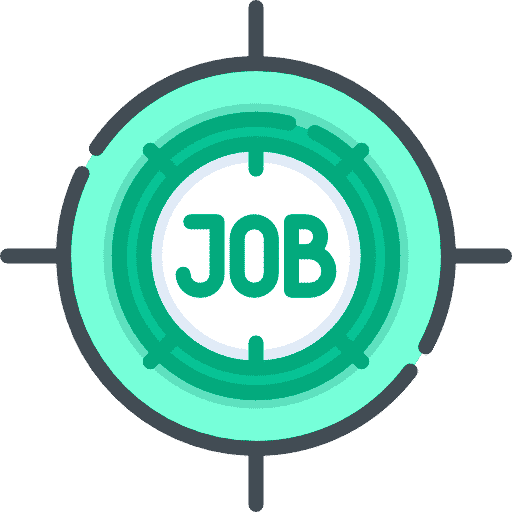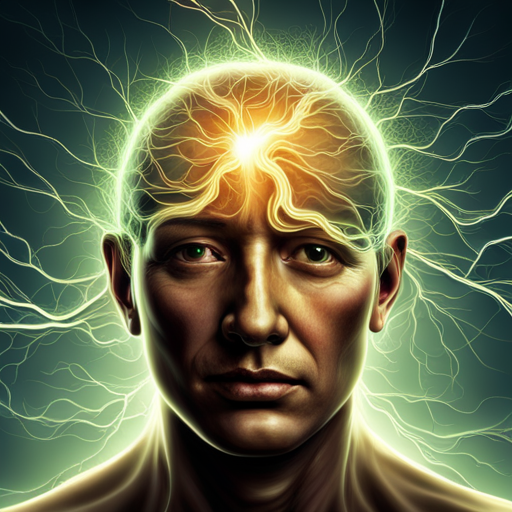
In 2011, venture capitalist Marc Andreessen famously declared, “software is eating the world.” This bold statement encapsulated the transformative power of software, reshaping industries and redefining the way we live, work, and play. Fast forward to today, and a new beast is emerging on the horizon. Devon Shigaki, a leading voice in the tech industry, counters with a provocative statement: “Neural networks are eating software.” This blog post will explore this contrarian view, delving into the rise of neural networks, their interplay with AI, and why they might just be the future of software.
Neural networks, a subset of machine learning, are designed to mimic the human brain’s ability to learn and adapt. They consist of interconnected layers of nodes, or “neurons,” that can process and transmit information, enabling the network to learn from data and make predictions or decisions without being explicitly programmed to perform the task.
Over the past decade, neural networks have evolved from a theoretical concept to a practical tool used across various industries. From diagnosing diseases to powering self-driving cars, neural networks are proving their transformative potential, pushing the boundaries of what software can do.
The Interplay of AI and Neural Networks
Artificial Intelligence (AI) and neural networks are two sides of the same coin. AI provides the broad vision – the idea of creating machines that can perform tasks requiring human intelligence. Neural networks, on the other hand, provide a mechanism to realize this vision.
The interplay between AI and neural networks is creating a new paradigm in software development. Traditional software operates on predefined rules and logic, incapable of learning or adapting. In contrast, software powered by neural networks can learn from data, adapt to new inputs, and even make predictions, offering a level of intelligence and adaptability previously unimaginable.
Gavin Wood’s Supercomputer: A Contrarian View
Gavin Wood, the co-founder of Ethereum and Polkadot, envisions a future where a global “supercomputer” powers the digital world. This supercomputer, according to Wood, would be a decentralized network of computers that collectively harness their computing power to run applications, execute contracts, and store data.
However, Devon Shigaki challenges this vision. He argues that the future of software isn’t a supercomputer but a neural network. According to Shigaki, neural networks, with their ability to learn, adapt, and evolve, offer a more dynamic and flexible solution than a static supercomputer, no matter how powerful it might be.
Neural Networks: The New Beast in Software
Neural networks are poised to redefine the software landscape. They offer a new way to solve complex problems, from understanding natural language to recognizing patterns in vast amounts of data. More importantly, they can improve over time, learning from their mistakes and adapting to new data.
However, the rise of neural networks also presents challenges. They require vast amounts of data to learn effectively, and their decision-making process can be opaque, leading to issues of transparency and accountability. Despite these challenges, the potential of neural networks is undeniable. They represent a new frontier in software development, one that promises to be even more transformative than the software revolution Andreessen envisioned a decade ago.
In conclusion, while software has indeed been “eating the world,” it may now be time for software itself to step up to the plate. Neural networks represent a new beast in the realm of software, one that is poised to redefine the landscape with its learning and adaptive capabilities. As we look towards the future, it’s clear that neural networks will play a pivotal role in shaping the next wave of software innovation. The beast is here, and it’s hungry for progress.
FreshCredit: Harnessing the Power of Neural Networks for Credit Scoring
As we’ve explored, neural networks are transforming the software landscape, offering unprecedented learning and adaptive capabilities. At FreshCredit, we’re at the forefront of this revolution, harnessing the power of neural networks to redefine credit scoring.
Credit scoring has traditionally been a static process, relying on a fixed set of criteria to determine an individual’s creditworthiness. However, this approach often fails to capture the full picture, leading to inaccurate scores and unfair lending practices.
At FreshCredit, we’re changing this with the power of neural networks. Our advanced credit scoring system learns from a vast array of data, adapting and evolving to provide more accurate and fair credit scores. By analyzing patterns and trends in the data, our system can make more nuanced decisions, taking into account factors that traditional credit scoring methods might overlook.
Immutable Blockchain: A Foundation of Trust
While neural networks provide the intelligence, blockchain technology provides the foundation of trust for our credit scoring system. Blockchain’s immutable nature ensures that all credit scores and related transactions are recorded securely and transparently, preventing fraud and manipulation.
By combining neural networks with blockchain technology, we’re not only making credit scoring more accurate but also more trustworthy. Borrowers can rest assured that their credit scores are fair, transparent, and secure, while lenders can make more informed decisions based on reliable data.
In the same way that neural networks are eating software, they’re also transforming credit scoring. At FreshCredit, we’re proud to be leading this transformation, leveraging the power of neural networks and the security of blockchain to create a credit scoring system for the future. As we continue to innovate, we’re excited to see how these technologies will further revolutionize the financial industry and create new opportunities for individuals and businesses alike.
